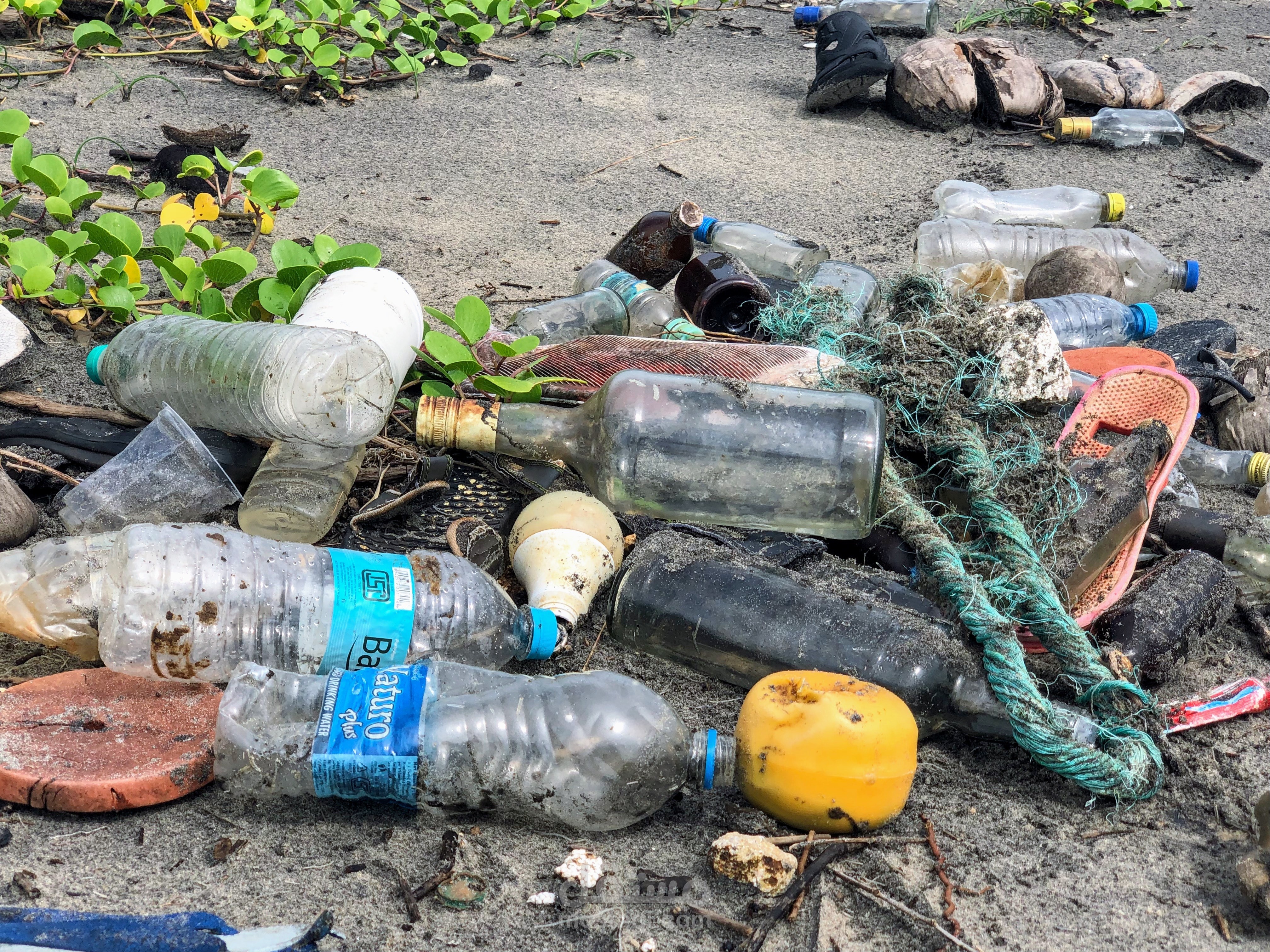"The Impact of Environmental Pollution and Ways to Mitigate It"
تفاصيل العمل
Environmental pollution is a significant global issue that affects the health and well-being of both humans and the planet. Pollution is the introduction of harmful substances into the environment that cause adverse effects to living organisms and their surroundings. There are different types of environmental pollution, including air pollution, water pollution, soil pollution, and noise pollution. The causes of environmental pollution are varied and include human activities such as industrialization, urbanization, transportation, and agricultural practices. This article will provide a comprehensive overview of environmental pollution, its effects, and ways to mitigate it.
Air pollution is the presence of harmful substances in the air, such as particulate matter, nitrogen oxides, and sulfur dioxide, among others. Air pollution is a significant problem in many parts of the world, especially in urban areas where there is high traffic and industrial activities. The adverse effects of air pollution include respiratory problems, such as asthma and lung cancer, and cardiovascular diseases. Moreover, air pollution also contributes to global warming and climate change.
Water pollution is the contamination of water bodies, such as rivers, lakes, oceans, and groundwater, by harmful substances such as chemical pollutants, sewage, and waste disposal. Water pollution poses a significant threat to aquatic life and affects the quality of water resources that humans use for drinking, irrigation, and recreational purposes. Exposure to contaminated water can cause a range of health problems, including gastrointestinal illnesses and skin infections.
Soil pollution occurs when the soil is contaminated by toxic substances, such as heavy metals, pesticides, and industrial waste. Soil pollution can affect the growth and quality of crops and vegetation, leading to reduced agricultural yields and food shortages. Moreover, soil pollution can also cause health problems for humans and animals that come into contact with contaminated soil.
Noise pollution is the presence of excessive and unwanted sound that can cause hearing loss, stress, and other health problems. Noise pollution is caused by human activities such as transportation, construction, and industrial processes. Noise pollution can also affect wildlife, leading to behavioral changes and habitat loss.
The effects of environmental pollution are far-reaching and can affect human health, wildlife, and the environment's ecological balance. The primary sources of environmental pollution are human activities, and therefore, it is essential to take measures to mitigate it. Some of the ways to reduce environmental pollution include:
Promoting clean energy sources such as wind and solar power to reduce dependence on fossil fuels.
Implementing strict regulations on industrial and agricultural practices to reduce waste and emissions.
Encouraging the use of public transportation and the adoption of eco-friendly vehicles to reduce air pollution.
Proper disposal of hazardous waste and encouraging recycling and reusing of materials.
Reforestation and afforestation to help mitigate the effects of climate change.
Implementing noise reduction measures such as sound barriers and restrictions on noise-emitting activities in residential areas.
In conclusion, environmental pollution is a significant global issue that affects human health, wildlife, and the environment's ecological balance. The causes of environmental pollution are varied, and the effects are far-reaching. Therefore, it is crucial to take measures to mitigate environmental pollution and promote sustainable practices that reduce the impact of human activities on the environment. By working together and implementing effective measures, we can create a cleaner and healthier environment for future generations.
